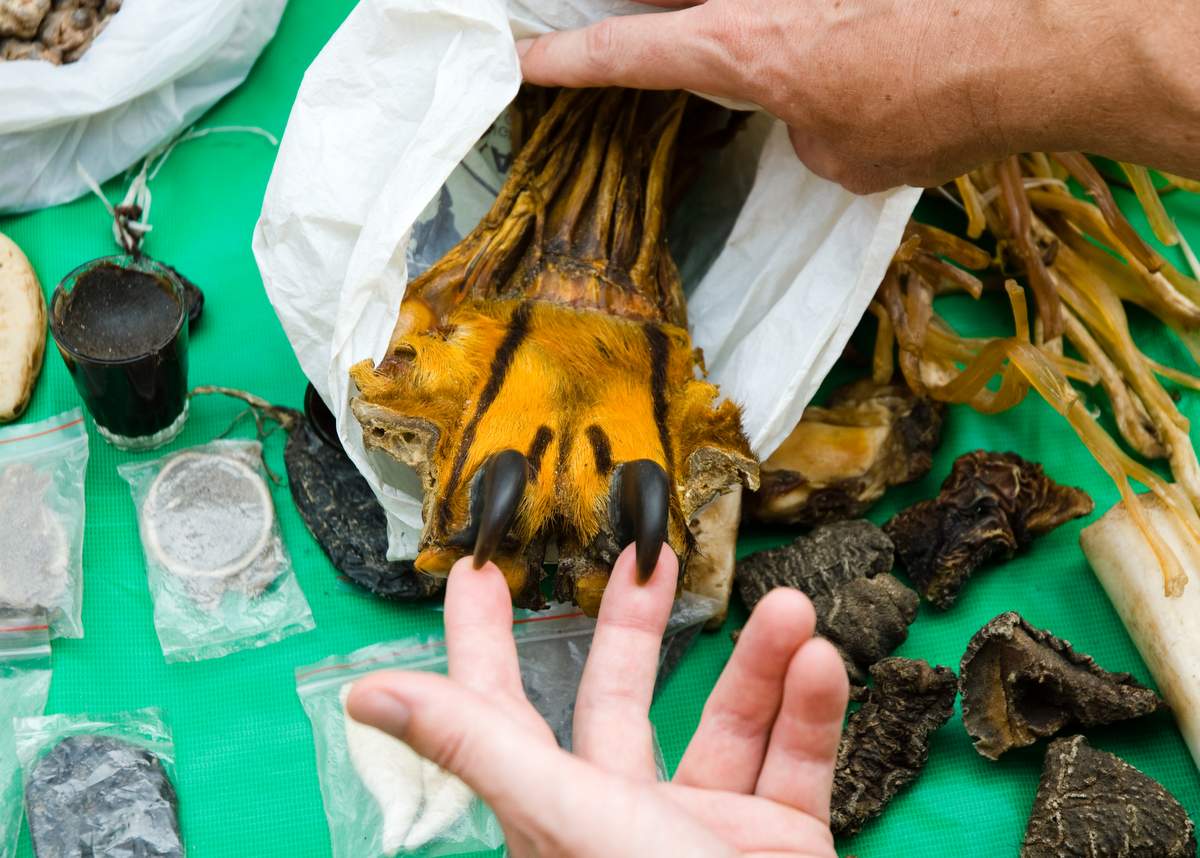The Washington-based conservation group World Wildlife Fund (WWF) has applauded reports this week that Burma’s government intends to shut down a market notorious for selling illegal animal parts in Shan State’s semiautonomous Mong La region.
The news followed President Htin Kyaw’s proclamation on Sunday, World Environment Day, that eradicating illicit animal trafficking would be a priority for the new National League for Democracy (NLD) administration, in line with the theme of this year’s UN-sponsored global commemoration.
“The Myanmar government deserves credit for shining a spotlight on the illegal wildlife trade in Myanmar and the Golden Triangle,” said Dr. Christy Williams, the WWF country director for Burma, in a statement on Wednesday.
“The trade in wildlife devastates endangered populations and destabilises economic development and security. WWF will work with the Myanmar government and other conservation organisations to ensure that further steps are taken to tackle illegal wildlife crime.”
Nick Cox, WWF’s conservation manager for Burma, told DVB the organization’s assistance would include “supporting market surveys, researching trade routes, raising awareness about wildlife laws, supporting gathering information for law enforcement, training law enforcement agencies, and reviewing policies and legislation for possible improvements.”
Mong La has long been known as an epicenter for the regional trade, with its position along the Sino-Burmese border — and its à la carte approach to law enforcement — making it a logical choice for purveyors of everything from tiger bone wine to live endangered pangolins, selling to a largely Chinese clientele.
Officially known as Special Region-4 in a semiautonomous arrangement inked under the former junta, Mong La is effectively under the administrative control of the National Democratic Alliance Army (NDAA), a non-state armed group led by Lin Mingxian.
Considered a one-stop shop for vice — or more catchily described as “Myanmar’s Sin City” — Mong La’s reputation for illicit activity runs the gamut, from animal trafficking and prostitution to gambling and drug-running.
Its NDAA administrators are remnants of the now defunct Communist Party of Burma, which went belly-up in 1989. It remains to be seen whether they will acquiesce to the government’s plan to crack down on the lucrative, illicit trade in wildlife.
[related]
Burma’s new government has reached out to the NDAA, inviting it into nationwide peace talks that the group had previously spurned under the Union Solidarity and Development Party, the NLD’s military-backed predecessor.
From 2010 to March 2016, Burmese authorities had “taken action against” 189 trafficking cases involving either plants or animals, according to state media, a figure that is believed to vastly underrepresent the extent of the illicit trade passing through the country.
One study found that over the period of 2010-14, seizures of pangolin products alone, in Burma and surrounding countries tracing their source back to Burma, amounted to a retail value of nearly $3.1 million.



